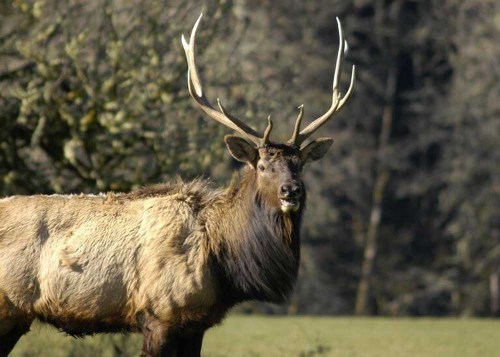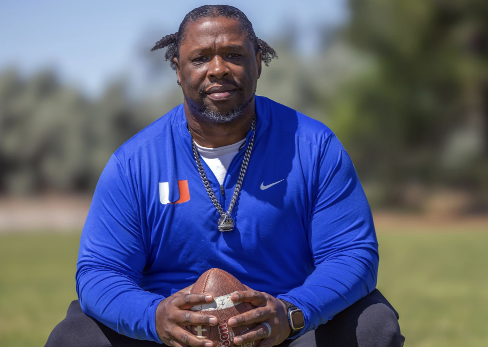This Land is Our Land: Making responsible food choices
Published 5:00 am Wednesday, August 14, 2024

- Elk hunting draws thousands of people to Northeastern Oregon each fall.
How often do we think about where our food comes from?
Every time we eat, we impact the rest of the world. Vegan, pescatarian, lacto-ovo-vegetarian, omnivore, carnivore; whatever we choose to eat involves taking something from the earth and leaving a mark.
I recently read that it takes more than a gallon of water to produce a single California almond. And according to the United Nations Food and Agriculture Organization, the production of one supersized hamburger patty creates as much global-warming gases as driving 37 miles in a car. A liter of cow’s milk takes 10 times the amount of land to produce as a liter of almond, soy, or oat milk.
That is mind-boggling.
We can’t go without eating, of course, but these kinds of statistics still prick at my conscience. Being a responsible citizen of this planet should mean at least knowing where our food comes from and making the best consumer choices we can.
Hand in hand with this is the concern for the health of our bodies. Knowing what’s in our food and how it was produced important information.
Like many folks, we try to consume locally. Growing a vegetable garden, contracting with a community-supported agriculture program, and visiting local u-pick and fruit stands give us better quality food with (I hope) a lower carbon footprint. I would call this thoughtful procurement.
But what to do about meat? The dentition (tooth pattern) of humans indicates that we are meant to be omnivores, consuming meat and plant material. This makes me a conflicted carnivore, coming to grips with the fact that eating animal protein means some living, breathing creature had to die.
This is just as true for the hunter as it is for the customer at the Safeway meat counter.
Our food choices are informed by economics and convenience but should also fit an individual’s environmental and animal welfare ethic. I challenge you to drive by a large dairy and see the damage done to the land and water and the conditions under which these four-legged milk factories survive. For me, this was enough to make me give up cow’s milk, although I’m struggling to quit cheese, yogurt, and ice cream. Feedlots cause the same reaction in me, so fewer rib-eyes and hamburgers are in my diet.
Same as with fruits and vegetables, it is important to me to know where my meat comes from, and I recognize that I am fortunate enough to have choices. I catch, process and freeze 100 pounds of wild salmon per year, and kill, butcher and freeze one or two lambs per year from a
friend’s small farm.
And then there’s hunting.
Now, an honest analysis of the cost effectiveness or carbon footprint impacts of elk hunting would show that hunting makes no sense. But there’s more to it. If I am to eat meat, I am better off owning the moment when life leaves the animal that dies at my hand. That is true for every lamb, duck, goose, fish or elk that goes in my freezer.
There is a growing movement known as wildlife-human coexistence, and some people associated with this movement see no place for animal “exploitation” (their words) in modern society. Animal husbandry for the purposes of milk, meat and egg production is animal abuse in this view, and killing wild animals for sport or meat is an even greater abomination.
As hunters, we bear some responsibility for this view. Grip-and-grin social media posts of dead animals and the mighty hunter glorify some of the worst parts of hunting, and we need to be sensitive to how this is perceived. Something like 10% of the American public identifies as hunters, and another 10% are opposed to hunting. This leaves 80%; non-hunters that still either support hunting, are undecided, or don’t care about the future of hunting. As hunters, our behavior and the way we talk about hunting could very well determine our ability to hunt well into the future.
This isn’t just hype — there is a petition circulating to get a measure on the Oregon ballot that would ban all hunting and fishing as well as nearly all production of meat, eggs and milk. I doubt it will pass, but it points out there are people in the state who would like to see it happen.
For me, I want to continue to be able to make healthy food choices by hunting, fishing and butchering my own meat. I recognize that being a carnivore means taking the life of an animal, and like most hunters I make these choices soberly and with the commitment to use nearly everything I can.
For such a basic need, who would think that eating is so complicated? But there are ethical, spiritual, ecological and economic implications to the food choices we make. For one, I am thankful that we still have those options.









